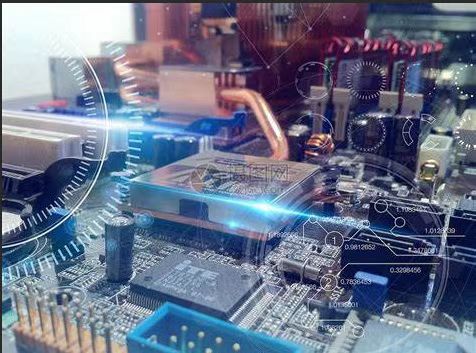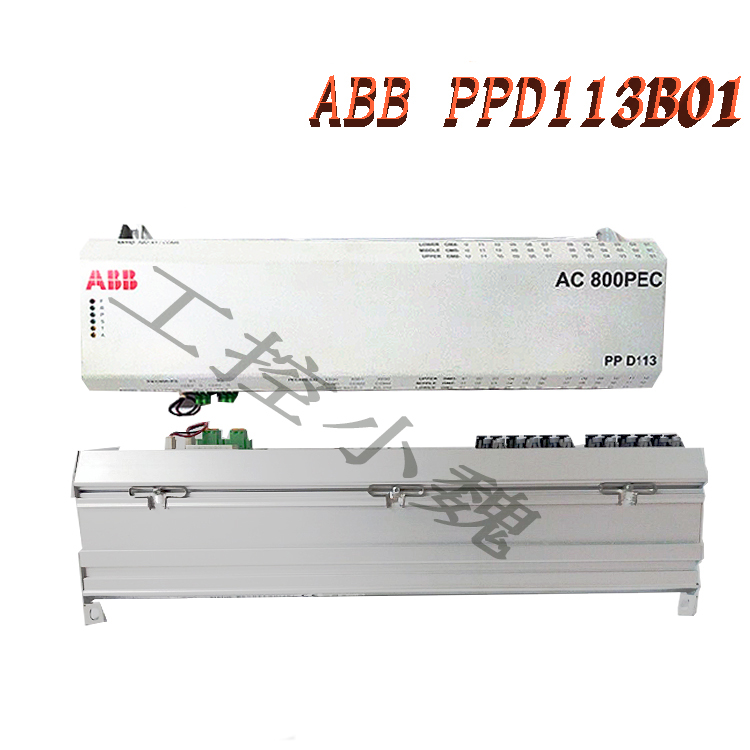ABB励磁控制器模块8R37-2021-21-3101 PCD2000传感器的结构设计针对表压传感器的密封防护和防水性的要求,综合各方面考虑在传感器外壳上端设计了安装防水透气组件的通气孔,以此来实现整个传感器的通气和防水功能。图3 为传感器通气结构示意图

励磁控制系统的主要任务是向发电机的励磁绕组提供一个可调的直流电流(电压),以满足发电机正常发电和电力系统安全运行的需要。
无论在稳态运行还是暂态运行过程中,同步发电机运行状态都在很大程度上与励磁有关。对发电机的励磁进行调节和控制,不仅可以保证发电机及电力系统的可靠性、安全性和稳定性,而且可提高发电机及电力系统的技术经济指标。
励磁系统的主要作用有以下几个方面:

1.控制机端电压。励磁系统维持发电机机端电压恒定的能力,采用电压精度表示。
2.控制无功功率分配,当发电机并联于电力系统运行时,它输出的有功决定于从原动机输入的功率,而发电机输出的无功则和励磁电流有关,调节励磁可改变发电机输出的无功。实际运行中,改变励磁会使端电压和输出无功都发生变化,但端电压变化较小,而输出的无功会有较大变化。控制并联运行的发电机之间的无功分配是励磁系统的一个重要功能。 3.提高同步发电机并联运行的稳定性。电力系统可靠运行的基本要求是并入系统的所有发电机要保持同步运行,系统运行中随时会遭受到各种扰动,可能恢复到安原来的运行状态,或者由一种平衡状态过渡到另一种平衡状态,这种情景则称系统是稳定的。
与防水透气组件对接的螺纹接口处使用密封圈密封,从而保证传感器与外界环境的连通,通过组件可以隔绝水分进入传感器内部,达到透气防水的目的。为了保证防水和防振动的效果,在螺纹处涂抹少量螺纹保护胶。1.4.2 防水透气组件设计
防水透气组件选择金属材料,通过螺纹连接方式安装到传感器的合适位置,同时应考虑工作温度、环境湿度、防水要求和冲击、振动等环境适应性要求。
防水透气组件内部为通孔设计,使得组件与外界环境相通,将聚四氟乙烯膨化材料填充在组件内部,四周压紧,防止水分从聚四氟乙烯膨化材料与组件安装面进入,组件采用螺纹机械接口,可以设计成M3/M4 等直径较小螺纹,为后续组件安装预留足够安装空间,组件如下图所示。2 实验验证

2.1 透气实验表压传感器是通过感受测试介质和大气压力差值输出差分的信号。若传感器透气性不好,使传感器内外存在明显压差,将导致传感器在不同的海拔高度下测试输出有明显差异。
通过低气压试验箱进行透气性试验,在海平面和海拔7 620m 高度下分别进行传感器性能测试,测试结果及对比结果见表1。

结果表明从海平面到海拔7 620m传感器输出信号变化较小。说明在从海平面到高海拔过程中,传感器内部气体的大气压力也随着海拔高度的升高而发生改变,只有当传感器内部气体压力与外界环境气体压力相等时,才能使得传感器的表压输出信号不发生改变。实验证明海拔高度升高过程,传感器内部气体可自由出入传感器,因此可证明材料透气性良好。2.2 防水实验
The structural design of the sensor is aimed at the sealing protection and waterproofing requirements of the gauge pressure sensor. Taking into account various factors, a ventilation hole for installing waterproof and breathable components on the upper end of the sensor shell is designed to achieve the ventilation and waterproofing functions of the entire sensor. Figure 3 is a schematic diagram of the sensor ventilation structure.
The threaded interface connected to the waterproof and breathable component is sealed with a sealing ring to ensure the connection between the sensor and the external environment. The component can isolate moisture from entering the interior of the sensor, achieving the goal of breathability and waterproofing. To ensure the effectiveness of waterproofing and vibration prevention, apply a small amount of thread protection adhesive to the threads. 1.4.2 Waterproof and breathable component design
The main task of the excitation control system is to provide an adjustable DC current (voltage) to the excitation winding of the generator to meet the needs of normal power generation and safe operation of the power system.
Whether in steady-state or transient operation, the operating state of synchronous generators is largely related to excitation. Adjusting and controlling the excitation of the generator not only ensures the reliability, safety, and stability of the generator and power system, but also improves the technical and economic indicators of the generator and power system.
The main functions of the excitation system are as follows:
1. Control the terminal voltage. The ability of the excitation system to maintain a constant voltage at the generator terminal is represented by voltage accuracy.
2. Control reactive power distribution. When the generator is parallel to the power system for operation, its output active power is determined by the power input from the prime mover, while the reactive power output by the generator is related to the excitation current. Adjusting the excitation can change the reactive power output by the generator. In actual operation, changing the excitation will cause changes in both the terminal voltage and output reactive power, but the terminal voltage change is relatively small, while the output reactive power will have a significant change. Controlling the reactive power distribution between generators operating in parallel is an important function of the excitation system. 3. Improve the stability of parallel operation of synchronous generators. The basic requirement for the reliable operation of the power system is that all generators integrated into the system must maintain synchronous operation. During the operation of the system, it may be subject to various disturbances at any time, and may return to its original operating state, or transition from one equilibrium state to another. This situation is called the system is stable.


 全国服务热线
全国服务热线





